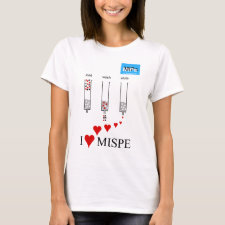
Authors: Rajendran A, Palanisamy A, Thangavelu V
Article Title: Lipase Catalyzed Ester Synthesis for Food Processing Industries.
Publication date: 2009
Journal: Brazilian Archives of Biology and Technology
Volume: 52
Issue: (1)
Page numbers: 207-219.
DOI: 10.1590/S1516-89132009000100026
Abstract: Lipases are one of the most important industrial biocatalyst which catalyzes the hydrolysis of lipids. It can also reverse the reaction at minimum water activity. Because of this pliable nature, it is widely exploited to catalyze the diverse bioconversion reactions, such as hydrolysis, esterification, interesterification, alcoholysis, acidolysis and aminolysis. The property to synthesize the esters from the fatty acids and glycerol promotes its use in various ester synthesis. The esters synthesized by lipase finds applications in numerous fields such as biodiesel production, resolution of the recemic drugs, fat and lipid modification, flavour synthesis, synthesis of enantiopure pharmaceuticals and nutraceuticals. It plays a crucial role in the food processing industries since the process is unaffected by the unwanted side products. Lipase modifications such as the surfactant coating, molecular imprinting to suit for the non-aqueous ester synthesis have also been reported. This review deals with lipase catalyzed ester synthesis, esterification strategies, optimum conditions and their applications in food processing industries
Template and target information: Review - lipases in ester synthesis
Author keywords: lipase, food applications, ester, esterification, synthesis



Join the Society for Molecular Imprinting

New items RSS feed
Sign-up for e-mail updates:
Choose between receiving an occasional newsletter or more frequent e-mail alerts.
Click here to go to the sign-up page.
Is your name elemental or peptidic? Enter your name and find out by clicking either of the buttons below!
Other products you may like:
 MIPdatabase
MIPdatabase









